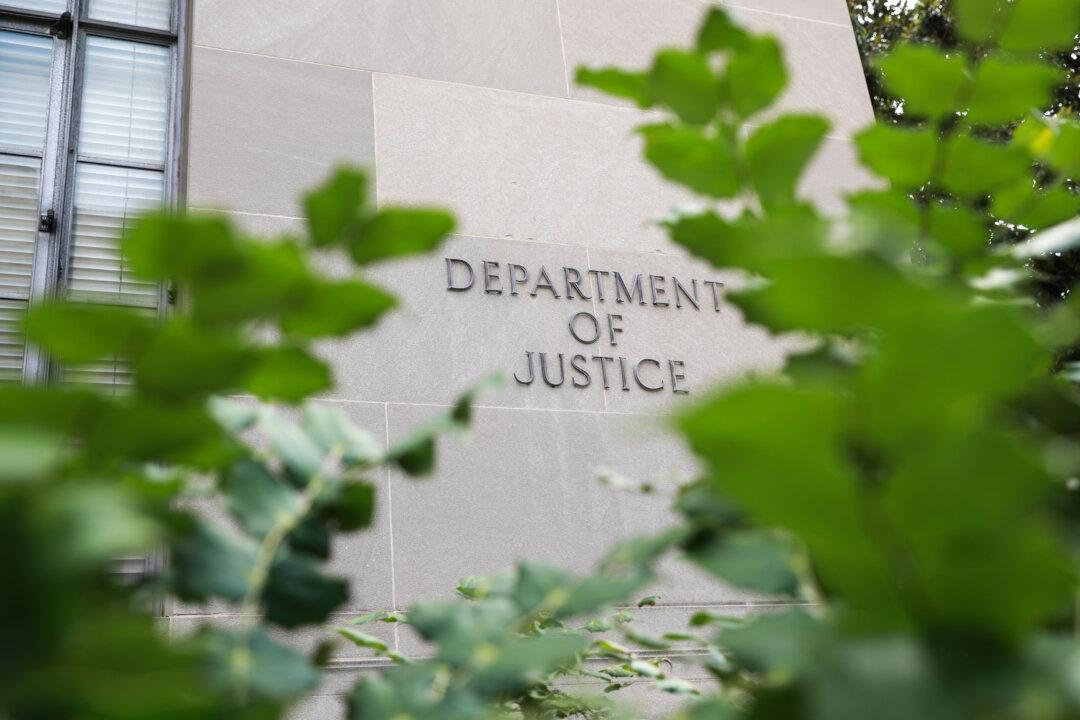Non-citizens accounted for 64 percent of all federal arrests in 2018, according to new data released on Aug. 22 by the Justice Department. The surge was driven largely by immigration-crime arrests, which have soared to the highest level in at least two decades.
Federal authorities conducted 108,667 arrests for immigration crimes in 2018, up more than five times from the 20,942 arrests in 1998. Immigration arrests accounted for 95 percent of the total increase in the number of federal arrests over the past 20 years, the data shows.





